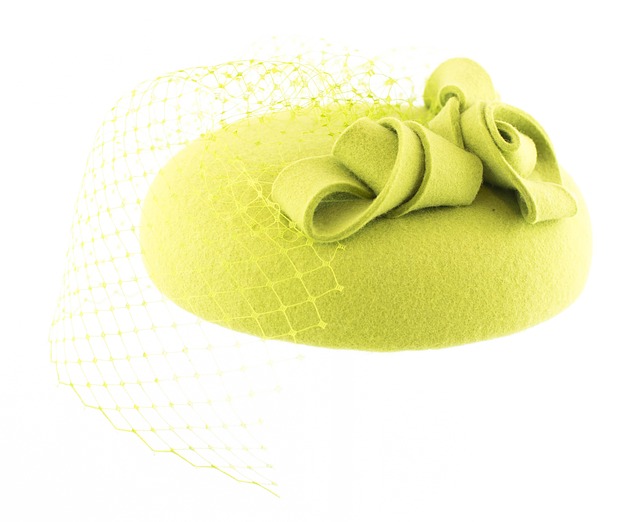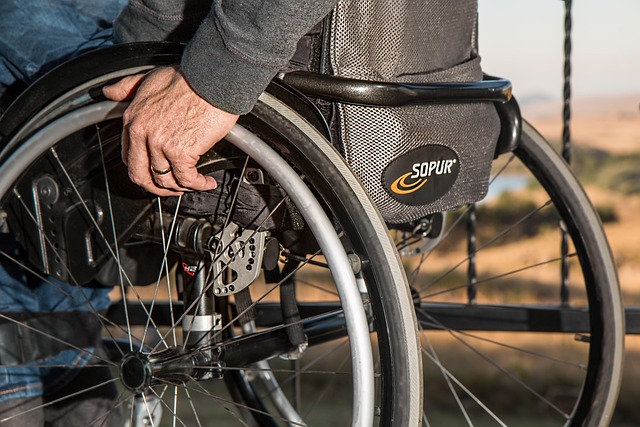Withdrawal symptoms during early sobriety vary based on substance type and duration of use. Rehabilitation centers that offer art therapy provide safe spaces for creative expression, aiding patients in processing emotions, reducing stress, and fostering recovery. Combining evidence-based medications with art therapy and personalized mindfulness plans offers a holistic approach to recovery, encouraging self-discovery, community building, and emotional processing through artistic means. Online support groups further assist families navigating the recovery process by providing crucial emotional backing.
In the journey towards early sobriety, managing withdrawal symptoms is a pivotal step. This article explores evidence-based medications as a crucial tool for navigating this phase, ensuring physical health and well-being. We delve into the science behind these treatments, their effectiveness in reducing cravings and symptoms, and their role in long-term recovery. Additionally, we highlight art therapy’s potential within rehabilitation centers, offering a unique approach to enhancing both physical and mental healing.
- Understanding Withdrawal Symptoms: A Comprehensive Overview
- The Role of Evidence-Based Medications in Sobriety
- Art Therapy in Rehabilitation: Enhancing Physical and Mental Well-being
Understanding Withdrawal Symptoms: A Comprehensive Overview

Withdrawal symptoms are a common experience during early sobriety, stemming from the body’s physiological response to the absence or reduction of a substance it has become accustomed to. These symptoms can vary greatly depending on the type and duration of substance use. For instance, alcohol withdrawal may include nausea, anxiety, insomnia, and even seizures in severe cases. Opioid withdrawal often manifests as intense cravings, irritability, sweating, and muscle aches. Understanding these symptoms is crucial for developing effective coping strategies and seeking appropriate support, such as those offered by rehabilitation centers that incorporate art therapy.
Art therapy, along with Yoga and Meditation Classes for Stress Reduction, can be instrumental in managing withdrawal symptoms and promoting physical health during the early stages of addiction recovery. These holistic approaches address not just the physiological aspects but also the emotional and mental dimensions of withdrawal, which is essential given the prevalence of co-occurring disorder treatment options available today. By providing safe spaces to express oneself creatively, art therapy helps individuals process their emotions and reduce stress levels—all while contributing to a healthier, more balanced state of being in early sobriety.
The Role of Evidence-Based Medications in Sobriety

In the journey towards early sobriety, evidence-based medications play a pivotal role in managing withdrawal symptoms and promoting physical health. These scientifically proven treatments are designed to alleviate the harsh physical cravings and mental disturbances that often accompany detoxification. By targeting specific neurotransmitters and brain chemicals, they help individuals navigate the initial stages of recovery with greater comfort and stability.
Rehabilitation centers that offer art therapy, alongside personalized mindfulness plans and evidence-based medications for withdrawal management, provide a comprehensive approach to sobriety. Art therapy offers an outlet for emotional expression and self-discovery, while mindfulness practices teach individuals how to regulate their minds and bodies in the face of stress and cravings. Additionally, online support groups for loved ones of addicts offer crucial emotional support, enabling families to better understand and navigate the recovery process.
Art Therapy in Rehabilitation: Enhancing Physical and Mental Well-being

Art therapy is a valuable tool often offered at rehabilitation centers that cater to individuals seeking early sobriety. This therapeutic approach goes beyond traditional talk therapy, recognizing the deep connection between physical and mental health. Through creative expression, participants can process emotions, release built-up tensions, and explore their inner selves—all while engaging in an activity that stimulates brain regions associated with pleasure and relaxation.
Rehabilitation centers incorporating art therapy into their programs provide a safe space for individuals to express themselves without the need for words. Whether it’s painting, sculpting, or even coloring, these activities encourage self-discovery, promote empathy among peers in recovery, and foster a sense of community. By combining Crisis Intervention Training to recognize emergency situations with group counseling sessions that build accountability, art therapy offers a holistic approach to healing. Moreover, it can be tailored to an individual’s needs, incorporating personalized mindfulness plans to enhance overall well-being during the recovery journey.
In the journey towards long-term sobriety, addressing withdrawal symptoms is a critical step. Evidence-based medications play a vital role in managing these symptoms and supporting individuals’ physical health during early recovery. Additionally, incorporating innovative therapeutic approaches like art therapy in rehabilitation centers that offer art therapy can significantly enhance both physical and mental well-being. By combining evidence-based practices with creative therapies, comprehensive care is provided, increasing the likelihood of successful and sustainable sobriety.






